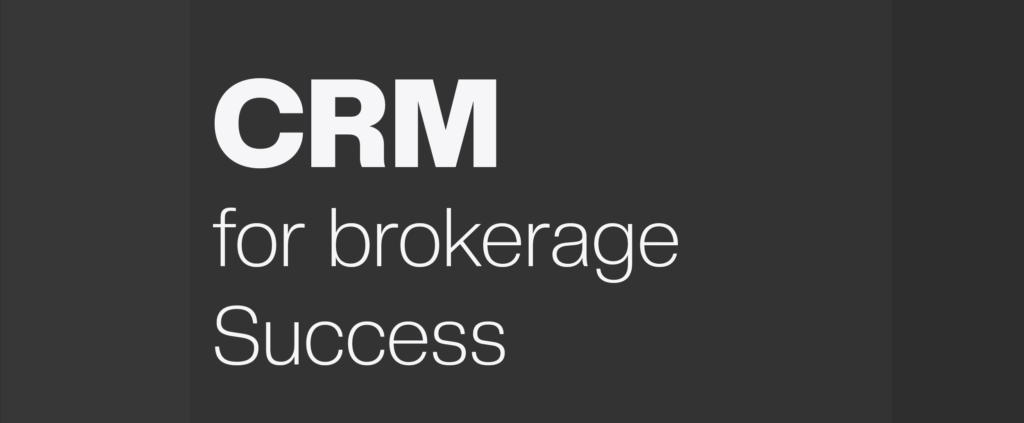Why a Good Broker CRM is Critical to Brokerage Success?

In the competitive world of online trading and financial services, success is no longer just about offering a trading platform or access to liquidity. For brokers, especially in the forex and CFD markets, having a robust CRM (Customer Relationship Management) system is no longer optional — it’s essential.
A broker CRM is the operational backbone of any modern brokerage. It touches every part of the business — from onboarding clients to managing support, monitoring transactions, handling compliance, and scaling operations. Without a powerful CRM, brokers risk falling behind in efficiency, customer experience, and ultimately, profitability.
1. Streamlining Client Onboarding
First impressions matter. A good CRM enables seamless client onboarding, with automated KYC/AML checks, document uploads, and status tracking. This reduces friction and speeds up the process — letting clients start trading faster while ensuring compliance with regulatory standards.
With smart form validations, integrations with verification services, and real-time document tracking, onboarding that once took days can now happen within hours — or less.
2. Centralized Client Management
Managing client accounts across platforms, channels, and teams can become chaotic without a centralized system. A good broker CRM offers a unified dashboard where brokers can track client data, communication history, account status, deposit activity, and more — all in one place.
This not only improves efficiency but also reduces the risk of errors, duplication, and missed opportunities.
3. Integrated KYC, Risk & Compliance Tools
Regulatory scrutiny is higher than ever. A modern CRM must support built-in KYC, AML, and risk scoring features to help brokers stay compliant. The best systems allow compliance teams to:
Set up automated workflows for verification
Monitor document expiration
Flag high-risk profiles
Maintain detailed audit logs
This reduces the cost and complexity of compliance while ensuring brokers meet global standards.
4. Partner & IB Management
A broker CRM also plays a key role in managing introducing brokers (IBs), affiliates, and referral networks. A strong CRM system enables multi-tier IB structures, real-time tracking of commissions, and transparent reporting — making it easier to attract and retain partners.
This is especially critical for growth-oriented brokers looking to scale through partnerships.
5. Wallet Management & Internal Transfers
An integrated CRM allows for wallet functionality, supporting client deposits, withdrawals, internal transfers, and bonus credits. Brokers gain visibility into fund flows, can set transaction limits, automate approval flows, and reduce manual errors.
A wallet-connected CRM also improves user experience by allowing clients to move funds easily across trading accounts or products.
6. Role-Based Admin Controls
As brokerages scale, teams grow — and with them, the need for role-based access controls. A good CRM allows management to assign different permissions for support agents, finance officers, compliance managers, and administrators. This improves security, accountability, and efficiency within the organization.
7. Real-Time Analytics & Reports
Without insights, brokers can’t grow strategically. A powerful CRM provides real-time analytics across trading activity, user engagement, support tickets, deposit trends, and more. Decision-makers can use this data to optimize acquisition campaigns, improve retention strategies, and detect anomalies in real-time.
8. Scalability & Integration
Your CRM shouldn’t hold you back. Whether you’re serving hundreds or thousands of clients, a good CRM should scale with your business, integrate with your trading platforms (like MT5, cTrader, etc.), payment gateways, and marketing tools — ensuring your brokerage runs as one connected ecosystem.
Choosing the Right CRM: What to Look For
When evaluating a CRM for your brokerage, consider the following:
Is it purpose-built for brokers (not generic)?
Does it support multi-language and multi-currency?
Are the KYC and compliance tools customizable?
Can it integrate with your existing platforms?
Does it support real-time notifications and mobile access?
Final Thoughts
In today’s fast-moving financial landscape, brokers need more than just execution speed and asset access — they need smart, scalable infrastructure to manage their business. A good broker CRM is not just a back-office tool — it’s a growth engine that improves client experience, simplifies operations, and enables strategic expansion.
At the end of the day, brokerages that invest in their infrastructure — particularly their CRM — are the ones that will scale faster, serve clients better, and win in the long run.